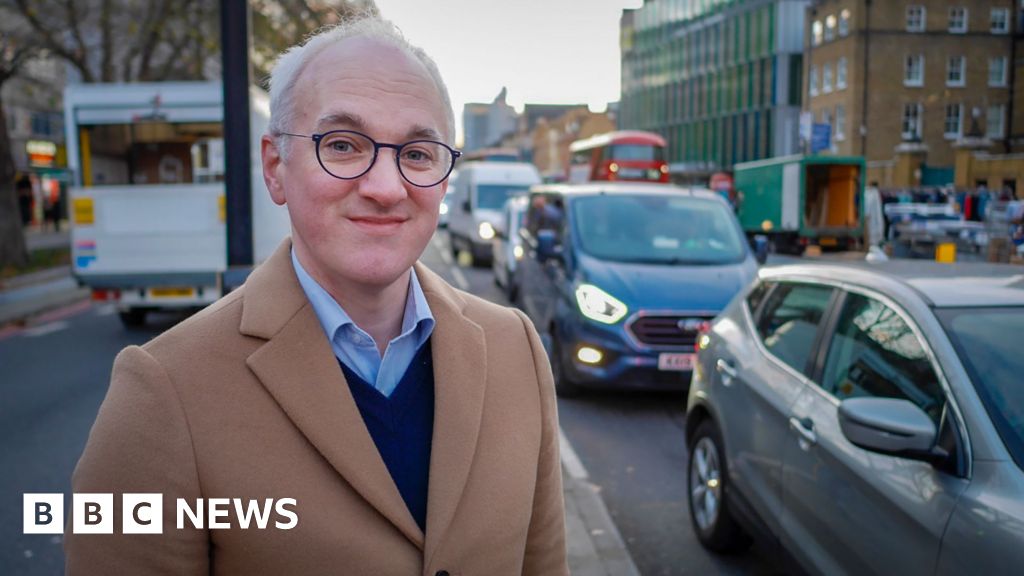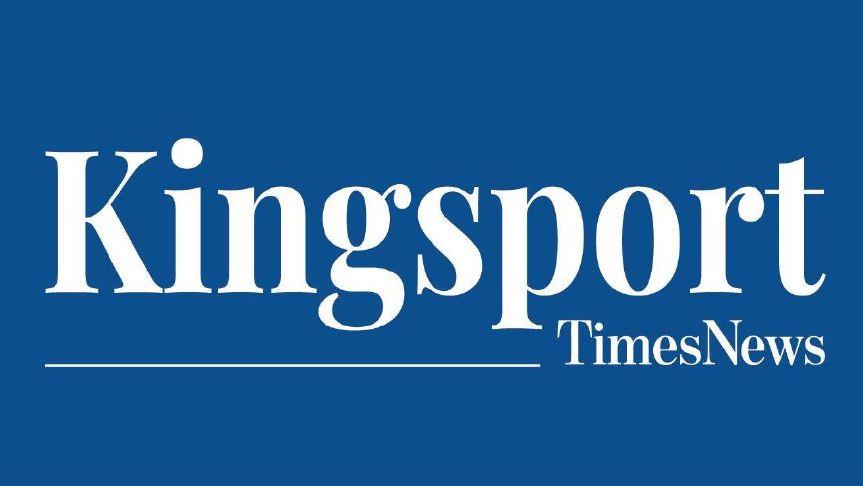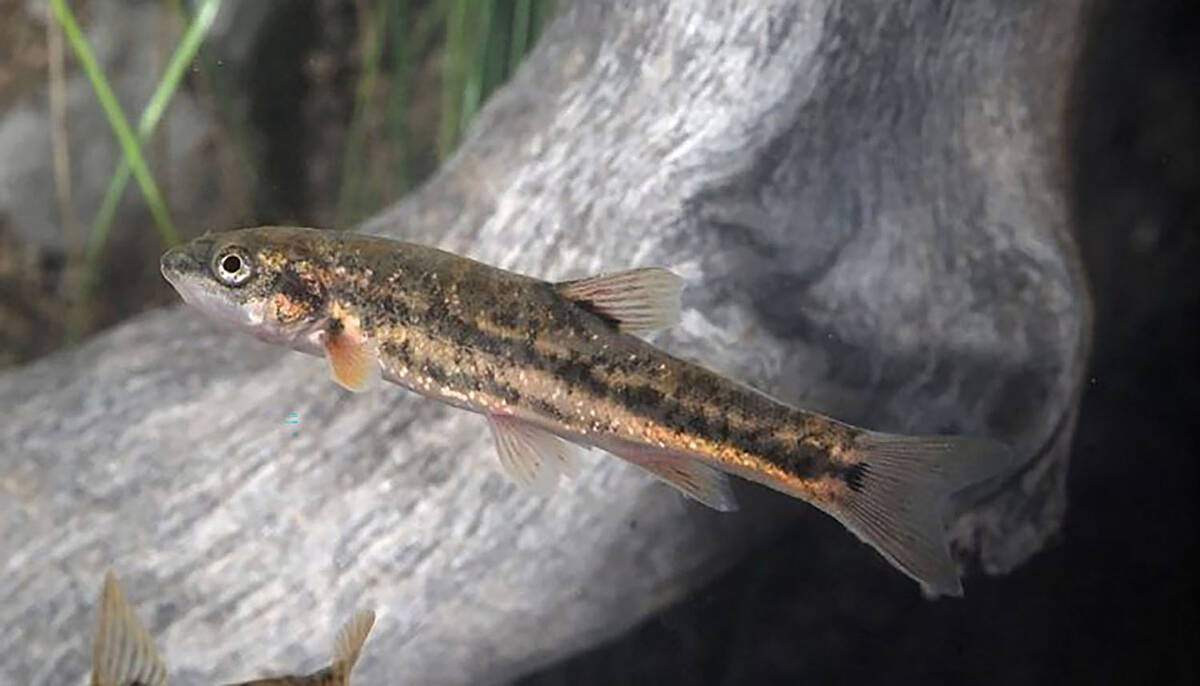Fisheries Observer Safety Campaign – Human Rights at Sea

Report on Human Rights Protections for Fisheries Observers and Alignment with Sustainable Development Goals
Introduction: The Critical Role of Observers in Achieving SDG 14
The protection of fisheries observers is intrinsically linked to the achievement of Sustainable Development Goal 14 (Life Below Water). Observers are frontline data collectors essential for the sustainable management of fish stocks and combating Illegal, Unreported, and Unregulated (IUU) fishing. However, their work is often performed in hazardous conditions without adequate legal or physical protection, undermining both SDG 14 and fundamental human rights principles. This report details efforts to address these abuses through independent investigations and policy reform.
Investigative Actions for Justice and Institutional Accountability (SDG 16)
In alignment with SDG 16 (Peace, Justice and Strong Institutions), which calls for accountable and transparent institutions and access to justice for all, independent investigations are conducted into the deaths and disappearances of fisheries observers. These efforts aim to counteract systemic failures within official investigative processes.
- Challenge: Official investigations are frequently characterized by a lack of transparency, bureaucratic impediments, and a failure to deliver justice to victims and their families.
- Response: A victim-centric approach is employed, partnering with families to review all available information and develop comprehensive timelines and analyses of events.
- Outcome: In collaboration with legal professionals, detailed recommendations are delivered to government agencies and international bodies to promote accountability and reform, directly supporting the objectives of SDG 16.3 (Promote the rule of law and ensure equal access to justice).
Case Studies Exposing Systemic Deficiencies
Several case studies highlight the urgent need for improved safety and justice mechanisms for observers at sea.
- Eritara Aati Kaierua (Kiribati): A 40-page report published in 2021 detailed the investigation into the observer’s death. The review exposed significant institutional failures, including conflicting pathology reports and a lack of forensic investigation, thereby questioning the state’s commitment to SDG 16.
- Portuguese Observers (2023): Investigations were conducted concerning three separate incidents of abuse, underscoring the failure to provide safe working environments as mandated by SDG 8 (Decent Work and Economic Growth).
- Keith Davis and James Numbaru Junior: Reviews into the disappearances of these observers were undertaken to push for accountability where official channels failed.
- Victim-Oriented Protocol: In partnership with Sherman & Sterling LLP, a procedural protocol was developed to guide victims and their families through the process of addressing human rights abuses, providing a tangible tool to facilitate access to justice (SDG 16.3).
Policy Reform for Decent Work and Sustainable Oceans (SDG 8 & SDG 14)
Existing state-level and international policies are insufficient to protect fisheries observers, creating conditions that violate SDG 8.8 (Protect labour rights and promote safe and secure working environments). Policy overhaul is critical for ensuring both human rights and the sustainable management of marine resources (SDG 14).
- WCPFC Policy Enhancement: A revised draft of the Western and Central Pacific Fisheries Commission (WCPFC) conservation and management measure (CMM) was published in 2020. The proposal aims to:
- Eliminate policy loopholes.
- Mandate a safe working environment.
- Clarify protocols in the event of an observer’s death.
- Comprehensive Recommendations: An exhaustive list of policy recommendations was developed for the Western and Central Pacific Ocean (WCPO), covering provisions for insurance, safety equipment, vessel tracking data, and investigative processes.
- Working Conditions Survey: A survey of over 100 observers in the WCPO revealed concerning labor issues, providing empirical evidence of widespread challenges to achieving SDG 8 in the sector.
Multi-Stakeholder Partnerships for the Goals (SDG 17)
Addressing the complex challenges facing fisheries observers requires a collaborative approach, reflecting the principles of SDG 17 (Partnerships for the Goals). Effective action is pursued through strategic partnerships with a diverse range of stakeholders, including:
- Regional Fisheries Management Organizations (RFMOs)
- Governments
- Non-Governmental Organizations (NGOs)
- Private Companies
- Legal Professionals
- Families of Victims
Analysis of SDGs, Targets, and Indicators
1. Which SDGs are addressed or connected to the issues highlighted in the article?
-
SDG 16: Peace, Justice and Strong Institutions
The article’s core focus is on the lack of justice for fisheries observers who have died, disappeared, or faced abuse at sea. It highlights how investigations are “shrouded in secrecy and fraught with bureaucratic hurdles,” and that “Justice is rarely delivered.” The work of HRASi in conducting independent investigations, developing legal protocols, and urging for action from government agencies directly relates to promoting justice and building effective, accountable institutions.
-
SDG 8: Decent Work and Economic Growth
The article explicitly addresses the working conditions of fisheries observers. It mentions a study conducted by HRASi that “revealed concerning labor issues” among observers. The push for policy overhauls that “mandates a safe working environment” and includes provisions for “insurance, safety equipment” directly targets the goal of ensuring decent and safe work for all.
-
SDG 14: Life Below Water
Fisheries observers are on vessels to ensure compliance with regulations designed to conserve and sustainably use marine resources. Their work is fundamental to combating illegal, unreported, and unregulated (IUU) fishing. By advocating for the protection of these observers, the article implicitly addresses the need to strengthen the mechanisms that support the sustainable management of fisheries and marine ecosystems.
-
SDG 17: Partnerships for the Goals
The article demonstrates the importance of multi-stakeholder partnerships. It states that “HRASi partners with Regional Fisheries Management Organizations (RFMO), governments, NGOs, and private companies to overhaul existing policy measures.” Specific partnerships mentioned include those with families of victims, legal professionals, the Law Firm Sherman & Sterling LLP, and engagement with bodies like the Western and Central Pacific Fisheries Commission (WCPFC).
2. What specific targets under those SDGs can be identified based on the article’s content?
-
SDG 16: Peace, Justice and Strong Institutions
- Target 16.1: Significantly reduce all forms of violence and related death rates everywhere. The article directly addresses this target by focusing on the deaths and disappearances of observers like Eritara Aati Kaierua, Keith Davis, and James Numbaru Junior, and the abuse faced by others.
- Target 16.3: Promote the rule of law at the national and international levels and ensure equal access to justice for all. HRASi’s work in conducting “thorough reviews of the investigative process,” partnering with families for justice, and developing a “step-by-step protocol for victims” are direct efforts to improve access to justice where it is currently failing.
- Target 16.6: Develop effective, accountable and transparent institutions at all levels. The call to overhaul “insufficient” state-level and international policy and the critique of secretive and bureaucratic investigations point to the need for more effective and transparent institutions governing the fishing industry and maritime law.
-
SDG 8: Decent Work and Economic Growth
- Target 8.8: Protect labour rights and promote safe and secure working environments for all workers. The article’s focus on the “abuse” of observers, the survey revealing “concerning labor issues,” and the development of policy recommendations for a “safe working environment,” including “insurance” and “safety equipment,” directly align with this target.
-
SDG 14: Life Below Water
- Target 14.4: By 2020, effectively regulate harvesting and end overfishing, illegal, unreported and unregulated fishing. The entire function of a fisheries observer is to provide independent data to help achieve this target. Ensuring their safety and ability to work without intimidation is a prerequisite for effective regulation and ending IUU fishing.
- Target 14.c: Enhance the conservation and sustainable use of oceans and their resources by implementing international law. The article’s engagement with Regional Fisheries Management Organizations (RFMOs) like the WCPFC to improve conservation and management measures (CMMs) is a direct effort to strengthen the implementation of international agreements governing the oceans.
-
SDG 17: Partnerships for the Goals
- Target 17.16: Enhance the global partnership for sustainable development, complemented by multi-stakeholder partnerships. The article is a case study in this target, detailing how HRASi partners with “families of victims,” “legal professionals,” “government agencies,” “international bodies,” “RFMOs,” “NGOs,” and “private companies” to achieve its goals.
3. Are there any indicators mentioned or implied in the article that can be used to measure progress towards the identified targets?
-
For SDG 16 (Peace, Justice and Strong Institutions)
- Implied Indicator: Number of deaths, disappearances, and reported cases of violence against fisheries observers. The article names specific victims, implying that tracking these numbers is a key measure of the problem.
- Implied Indicator: Number of independent investigations conducted and cases successfully brought to justice. The article highlights the lack of justice and HRASi’s efforts to conduct its own “thorough reviews,” suggesting that the number and outcome of such investigations are a measure of progress.
- Mentioned Indicator: Development and adoption of new policies and protocols. The article mentions HRASi publishing a “draft proposal” for a revised CMM and a “step-by-step protocol for victims,” which are tangible outputs that can be tracked.
-
For SDG 8 (Decent Work and Economic Growth)
- Mentioned Indicator: Data from surveys on working conditions. The article explicitly mentions a “54-question survey” that “garnered over 100 entries and revealed concerning labor issues.” Repeating such surveys can measure changes in working conditions over time.
- Implied Indicator: Number of policies adopted that include provisions for observer safety. The “exhaustive list of policy recommendations” regarding “insurance, safety equipment, [and] the handling of vessel tracking systems data” provides specific items that can be tracked for adoption by regulatory bodies.
-
For SDG 14 (Life Below Water)
- Implied Indicator: Effective observer coverage on fishing vessels. While not directly stated, the ability to place observers on vessels and ensure they can perform their duties without fear is a fundamental indicator of a state’s or RFMO’s capacity to monitor and regulate fishing activities effectively.
-
For SDG 17 (Partnerships for the Goals)
- Mentioned Indicator: Number and type of active partnerships. The article lists numerous partners (families, law firms, RFMOs, governments, NGOs), indicating that the formation and activity of such collaborations are a measure of progress.
- Mentioned Indicator: Publication of joint reports and policy submissions. The “40-page report” on Eritara Aati Kaierua’s death and the “draft proposal” for the WCPFC are concrete outputs of these partnerships.
4. Table of SDGs, Targets, and Indicators
| SDGs | Targets | Indicators (Mentioned or Implied in the Article) |
|---|---|---|
| SDG 16: Peace, Justice and Strong Institutions |
16.1: Reduce all forms of violence and related death rates.
16.3: Promote the rule of law and ensure equal access to justice. 16.6: Develop effective, accountable and transparent institutions. |
– Number of deaths, disappearances, and incidents of abuse involving fisheries observers (e.g., cases of Eritara Aati Kaierua, Keith Davis). – Number of independent investigations conducted and cases brought to justice. – Development and adoption of legal protocols for victims and their families. – Revisions and adoption of transparent policies by international bodies (e.g., WCPFC CMM). |
| SDG 8: Decent Work and Economic Growth | 8.8: Protect labour rights and promote safe and secure working environments for all workers. |
– Findings from surveys on observer working conditions (e.g., the 54-question survey mentioned). – Number of policies adopted that mandate safe working environments, insurance, and safety equipment for observers. |
| SDG 14: Life Below Water |
14.4: Effectively regulate harvesting and end IUU fishing.
14.c: Implement international law for the conservation and sustainable use of oceans. |
– Level of effective and safe observer coverage on fishing vessels as a prerequisite for regulation. – Adoption of strengthened conservation and management measures (CMMs) by Regional Fisheries Management Organizations (RFMOs). |
| SDG 17: Partnerships for the Goals | 17.16: Enhance the global partnership for sustainable development through multi-stakeholder partnerships. |
– Number and type of partnerships formed between NGOs, governments, RFMOs, and legal firms (e.g., HRASi and Sherman & Sterling LLP). – Number of jointly published reports, policy recommendations, and legal protocols. |
Source: humanrightsatsea.org
What is Your Reaction?
 Like
0
Like
0
 Dislike
0
Dislike
0
 Love
0
Love
0
 Funny
0
Funny
0
 Angry
0
Angry
0
 Sad
0
Sad
0
 Wow
0
Wow
0














































































